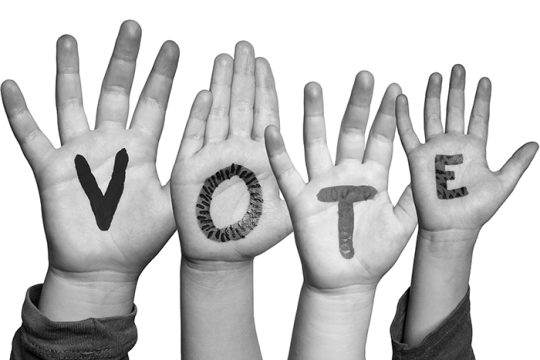
On September 6, 2023, the U.S. Department of Health and Human Services (HHS) proposed a new regulation related to federal minimum nursing home staffing standards. Implementation of this regulation would mean that for the first time in history, nursing homes would be subject to a federal minimum staffing standard.
Current federal regulations governing nursing homes stipulate that skilled nursing facilities must provide 24-hour licensed nursing service that is "sufficient to meet nursing needs of its residents." Facilities are required to have an appropriate number of staff to "assure resident safety and attain or maintain the highest practicable physical, mental, and psychosocial well-being of each resident." More specifically, nursing homes must use a registered nurse (RN) for at least eight consecutive hours for all seven days per week, hire enough staff (including nurse aids) to provide sufficient care, and employ an RN as the full-time director of nursing.
However, the current federal requirements fail to specify the required number of hours that must be spent on direct patient care. As a result, there is limited enforcement to ensure that facilities meet the sufficient standard of care. A landmark 2001 report commissioned by the federal government recommends 4.1 hours of care per patient per day - the level required to prevent avoidable harm to residents. Although most states have minimum nursing home staffing requirements, state minimum standards are substantially below this recommended level. By implementing a robust federal standard, the government can streamline compliance for nursing homes and improve patient and employee outcomes.
The new regulation proposed by HHS last month would mandate that nursing homes provide residents with a minimum of 3.0 hours of care per resident per day, including 0.55 hours from a registered nurse and 2.45 hours from a nurse aide. While this proposal is an improvement over the current ambiguity in required hours of care, the 3.0 hours staffing level is far lower than the 4.1 hours recommended by the federal government's own report. HHS must strengthen the proposed regulation to require a minimum of 4.1 hours of care.
A robust staffing standard is crucial to ensure that nursing home residents receive appropriate care. For decades, studies show that higher staffing levels are associated with better care and lower staffing levels result in harm and death of residents. Understaffing in nursing homes is correlated with abuse, dropped nursing home residents, preventable falls, facility closures, bedsores, neglect, and violations of human dignity. During the current coronavirus pandemic, self-reported nurse staffing shortages were correlated with a 10.5 percent increase in deaths of residents.
A strong federal minimal nursing home staffing standard would benefit nursing home employees. Nursing home staff are disproportionately women, people of color, and immigrants. Staff shortages can result in burnout, exhaustion, sickness, injuries, and other adverse effects. Nursing home workers risk injury when understaffing forces them to move a resident who should be moved by two employees.
Having a stronger minimal nursing home staffing standard aligns with the key Jewish value of ensuring heath care for all. Commenting on Mishnah Nedarim 4:4, Jewish scholar Maimonides stated, "it is obligatory from the Torah for the physician to heal the sick." Furthermore, providing health care is not just an obligation of the doctor, but for society as well. It is for this reason that Maimonides listed health care first on his list of the ten most important communal services a city must offer its residents if the city is to be found worthy for a great scholar to live there (Mishneh Torah, Hilchot De'ot IV:23). A 4.1 hour staffing standard will help ensure that everyone has access to quality health care.
The coronavirus pandemic made clear to the American public that nursing homes need more staff so that all patients receive quality care. HHS is accepting public comments on the proposed standard until November 6, 2023. Use the RAC's comment portal to urge HHS to strengthen the proposed rule to require a minimum standard of 4.1 hours. If possible, personalize your comment with a story about your own experience or why quality nursing home care matters to you.
Related Posts

Kosher Feijoada: Reflections on Latin Heritage Month and Sukkot

Securing the Vote

